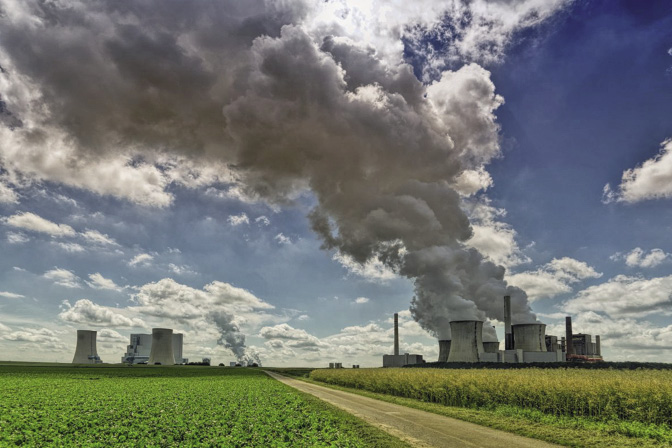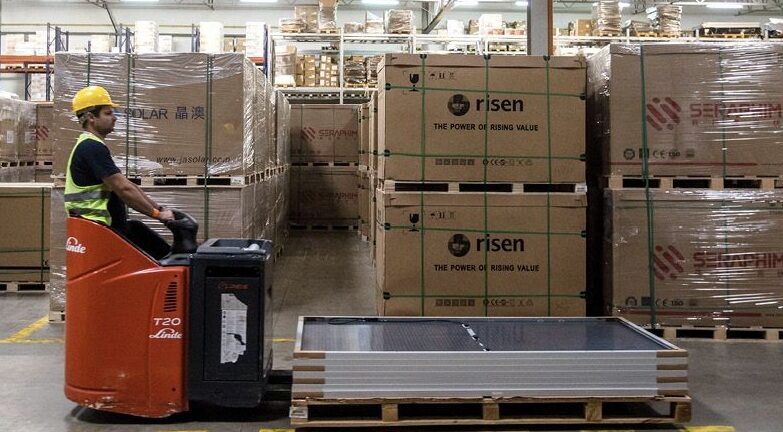pv magazine has seen a copy of the letter reportedly sent from the Chinese embassy in Dhaka to the government of Bangladesh which implies officials behind the continent-spanning Belt and Road Initiative (BRI) could be set to refuse to finance coal-fired activity.
English-language Bangladeshi newspaper The Daily Star made headlines in February when it published details of an apparently leaked letter sent to the government by Liu Zhenhua, an economic and commercial counsellor at the Chinese embassy in Dhaka.
Although the thrust of the letter concerned the Bangladeshi government's interest in securing soft loans–which it says were offered by China–for different infrastructure projects than those originally discussed, it is the fifth paragraph of the message which captured the attention of environmentalists.
Key paragraph
Liu, from the economic and commercial counsellor's office of the Chinese embassy–according to the letterhead–writes: “The Chinese side shall no longer consider projects with high pollution and high energy consumption, such as coal mining, coal-fired power stations, etc.”
Given the infrastructure projects referred to are the subject of memoranda of understanding signed between the governments of the two nations because of Bangladesh's membership of China's huge, East-Asia-to-Europe-via-Africa infrastructure program, the message sparked speculation such an anti-coal stance might be applied to all the 130-140 countries which have signed up for BRI investment.
However, Christoph Nedopil Wang, director of independent policy and research body the Green Belt and Road Initiative Center, told pv magazine hopes for coal-free energy and infrastructure development along the overland and maritime trade routes which make up the BRI may be overblown.
Wang said such a policy diktat would have to come from higher levels of government and added, although his center is seeing more opportunity for renewables finance–in tandem with demand and supply side changes in coal project planning–clean energy spending may not be a simple affair.
For renewables, “some Chinese financial institutions are still working on building more capacity to invest in alternative energies abroad,” said Wang, who added: “energy systems in BRI countries are not necessarily able to deal with RE [renewable energy investment],” and “vested interests continue to favor coal.”
pv magazine has contacted the Chinese embassy in Dhaka to ask about the authenticity of the letter and about China's BRI coal investment policy.
This copy was amended on 06/04/21, at Christoph Nedopil Wang's request, to change his quote about the capacity of Chinese entities to invest in renewables abroad.
This content is protected by copyright and may not be reused. If you want to cooperate with us and would like to reuse some of our content, please contact: editors@pv-magazine.com.




4 comments
By submitting this form you agree to pv magazine using your data for the purposes of publishing your comment.
Your personal data will only be disclosed or otherwise transmitted to third parties for the purposes of spam filtering or if this is necessary for technical maintenance of the website. Any other transfer to third parties will not take place unless this is justified on the basis of applicable data protection regulations or if pv magazine is legally obliged to do so.
You may revoke this consent at any time with effect for the future, in which case your personal data will be deleted immediately. Otherwise, your data will be deleted if pv magazine has processed your request or the purpose of data storage is fulfilled.
Further information on data privacy can be found in our Data Protection Policy.